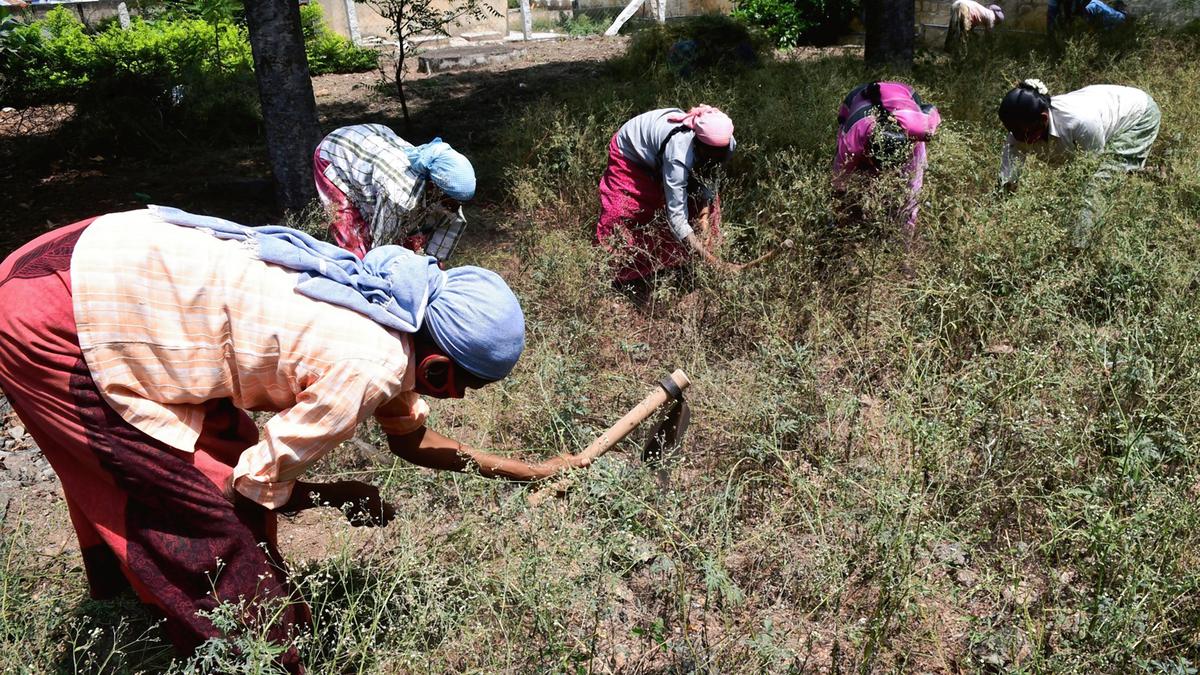
India scores 74.4 in the World Bank index on the life cycle of working women
Contents News/Article Date: 3rd March 2023
Relating to which Act: The Indian Constitution grants the Central and state governments the powers to enact laws to protect the employees and foster a professional work environment. Based on the industry, nature of the work, number of employees in the company, location, and more, there are various legislations like the Industrial Disputes Act 1947 (ID Act), Factories Act 1948 (Factories Act), and Shops and Establishment Acts in relevant states (S&E Act).
Applicable to which State: Acts and Rules are applicable to all States
Type: World Bank Report
Pertains to: Establishments and Employees of all genders in all types of Organizations running businesses for profit or nonprofit
Relevance of this news: Karma Management Global Consulting Solution Pvt Ltd is in the business of HR Services, Payroll, Outsourcing, and Regulatory Compliances right from its inception in 2004 since then, has brought in a lot of efficiencies and technological upgradations with experts on its roll, to ease the hassles of Payroll Processing, Temp Staffing, On-boarding, Employee Life Cycle, Statutory, Regulatory, and Payroll compliances by providing customized solutions to all its elite clients.
Now Karma Global is also fully in labour compliance for nearly 18 years and is helping both establishments and workers for the fulfillment of obligations as per the laws of the land. It has over 200 staff, both direct and indirect on its rolls and operates on Pan India basis. Recently, it has diversified into foreign shores as well, into countries like the US, UK, UAE, Canada, and South East Asia for handling payroll, outsourcing, recruitment, compliance, and governance.
Karma Global handles the obligations of all provisions contained in the labour acts and rules. Employees are entitled to several benefits under the Employment Act, including annual paid leave, sick leave, maternity benefits, paid public holidays, etc. Employers must ensure that they meet all of the Act’s standards and that the contract conditions reflect this.
Businesses must comply with the following requirements of the Act in particular:
- Minimum wage
- Maternity benefits
- Revision of wages
- Safer work environment
- Adaptive work culture
- Issuance of employment contracts
- Social contributions
- Health care and insurance
- Holidays and annual leave
- Termination, severance pay, grievance handling, redressal
And in this instance: Laws affecting pay, pension, inheritance, and property rights are among the areas where India lags behind in terms of gender equality for working people, a World Bank report says
The laws affecting the Indian working woman’s pay and pension do not provide for equality with Indian men, dragging India’s score in a World Bank index on the life cycle of a working woman down to 74.4 out of a possible 100.
A score of 100 on the Index means that women are on equal standing with men on all the eight indicators being measured, according to the World Bank’s Women, Business and the Law 2023 report. India scored higher than the 63.7 average for the South Asian region, though lower than Nepal which had the region’s highest score of 80.6. Out of the 190 economies covered in the Index, only 14 scored a perfect 100: Belgium, Canada, Denmark, France, Germany, Greece, Iceland, Ireland, Latvia, Luxemburg, The Netherlands, Portugal, Spain, and Sweden.
Subject: India scores 74.4 in World Bank index on the life cycle of working women
Appended is the complete news item
India scores 74.4 in the World Bank index on the life cycle of working women
Laws affecting pay, pension, inheritance, and property rights are among the areas where India lags behind in terms of gender equality for working people, a World Bank report says
Source: The Hindu - March 03, 2023, 07:17 pm | Updated 07:50 pm IST - NEW DELHI
The laws affecting the Indian working woman’s pay and pension do not provide for equality with Indian men, dragging India’s score in a World Bank index on the life cycle of a working woman down to 74.4 out of a possible 100.
A score of 100 on the Index means that women are on equal standing with men on all the eight indicators being measured, according to the World Bank’s Women, Business and the Law 2023 report. India scored higher than the 63.7 average for the South Asian region, though lower than Nepal which had the region’s highest score of 80.6. Out of the 190 economies covered in the Index, only 14 scored a perfect 100: Belgium, Canada, Denmark, France, Germany, Greece, Iceland, Ireland, Latvia, Luxemburg, The Netherlands, Portugal, Spain, and Sweden.
For India, the Index used data on the laws and regulations applicable in Mumbai, viewed as the country’s main business city.
“When it comes to constraints on freedom of movement, laws affecting women’s decisions to work, and constraints related to marriage, India gets a perfect score,” the report said.
Reforms needed:
However, India lags behind when it comes to laws affecting women’s pay, laws affecting women’s work after having children, constraints on women starting and running a business, gender differences in property and inheritance, and laws affecting the size of a woman’s pension.
Recommending that India consider reforms to improve legal equality for women, the report noted that one of the lowest scores for India comes from the indicator assessing laws affecting women’s pay.
“To improve on the Pay indicator, India may wish to consider mandating equal remuneration for work of equal value, allowing women to work at night in the same way as men, and allowing women to work in an industrial job in the same way as men,” the report said.
